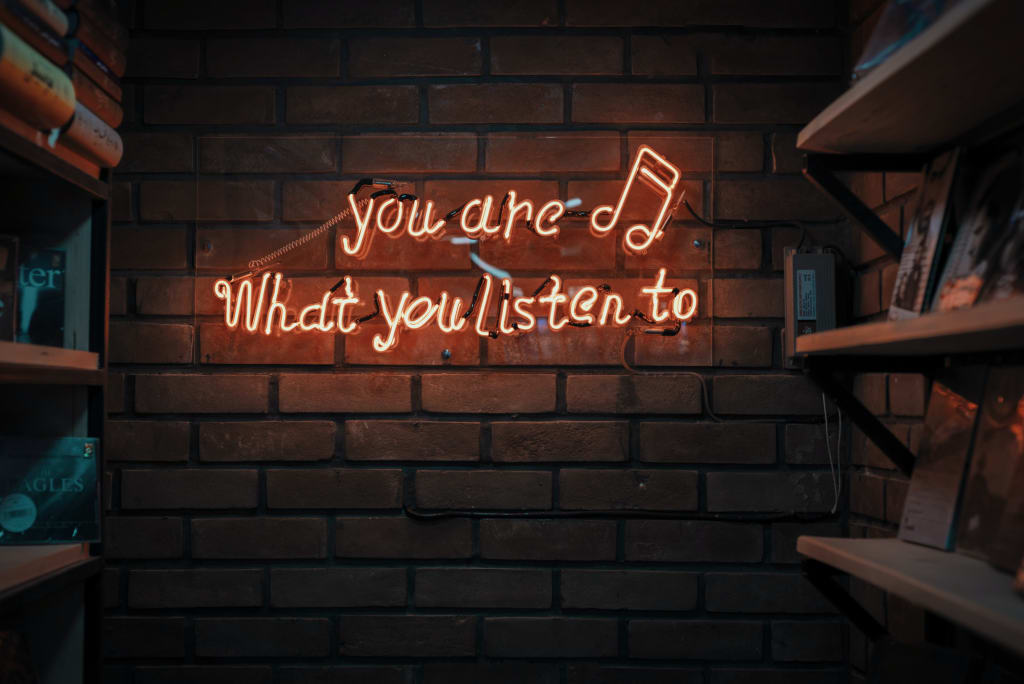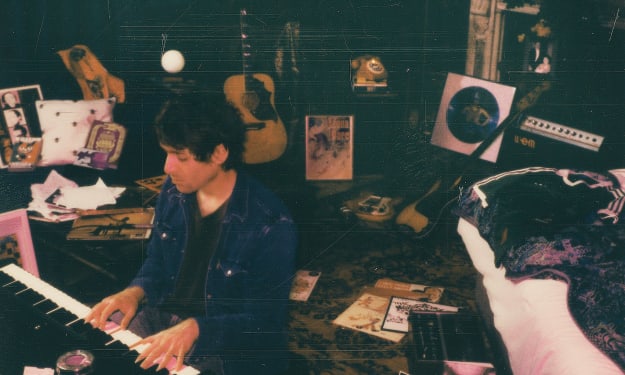"The Power of Music"
How It Affects Our Emotions and Shapes Our Lives"

Introduction:
Music is a universal language that has been a part of human history since ancient times. It has played an important role in our social, cultural, and emotional lives. In recent years, research has shown that music has a profound impact on our emotions and can shape our lives in ways we never imagined. In this article, we will explore the science of music and emotion, the role of music in therapy, music and memory, and music and productivity.
The Science of Music and Emotion:
Music has the power to evoke a wide range of emotions, from joy and happiness to sadness and melancholy. This is because music affects the brain in a unique way. When we listen to music, our brains release dopamine, a neurotransmitter that is associated with pleasure and reward. This is why listening to music can make us feel happy and uplifted.
Research has shown that music has a profound impact on our emotions, even in people with a history of depression. One study found that patients with depression who listened to music for just 30 minutes a day experienced a significant improvement in their mood compared to those who did not listen to music. This suggests that music may have therapeutic potential for depression and other mental health disorders.
However, music can also evoke more complex emotions such as nostalgia, which is a feeling of longing for the past. This is because music has the ability to trigger memories and emotions associated with specific events, places, or people in our lives. In fact, research has shown that listening to music can activate the same areas of the brain that are associated with memory and emotion.
The Role of Music in Therapy:
Music has also been used as a therapeutic tool for centuries. In ancient times, music was used to treat mental and physical illnesses. Today, music therapy is a recognized form of therapy that is used to treat a wide range of conditions, including depression, anxiety, and chronic pain.
Music therapy works by using music to help patients express their emotions, reduce stress, and improve their mood. It can also help patients improve their communication skills and social interaction, particularly in patients with autism and other developmental disorders.
Music and Memory:
As mentioned earlier, music has the ability to trigger memories and emotions associated with specific events, places, or people in our lives. This is because the areas of the brain that are associated with memory and emotion are closely connected. This is why music can be such a powerful tool in helping people with memory loss.
Music has been used to help patients with dementia and Alzheimer's disease improve their memory and recall. This is because music can evoke memories and emotions associated with specific events or experiences in their lives. In fact, research has shown that patients with Alzheimer's disease can remember songs from their past, even when they have difficulty remembering other things.
Music and Productivity:
Music can also have a significant impact on our productivity. Research has shown that listening to music can improve our focus, increase our motivation, and reduce our stress levels. This is particularly true for people who engage in repetitive or monotonous tasks.
The type of music that we listen to can also impact our productivity. For example, classical music has been shown to improve our concentration and focus, while upbeat and energetic music can improve our mood and motivation.
Conclusion:
Music is a powerful tool that has the ability to shape our emotions and influence our lives in profound ways. Whether we listen to music for pleasure, as a form of therapy, or as a way to improve our productivity, music has the ability to connect us to our emotions and memories in a way that nothing else can. Understanding the science behind music and emotion can help us appreciate the power of music in our daily lives and how it can be used to improve our overall well-being.
About the Creator
Javeria Nasir
Writing professionally since many years.






Comments
There are no comments for this story
Be the first to respond and start the conversation.